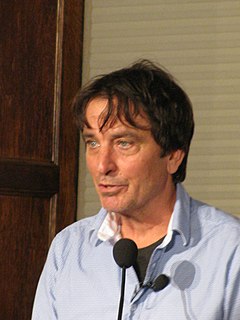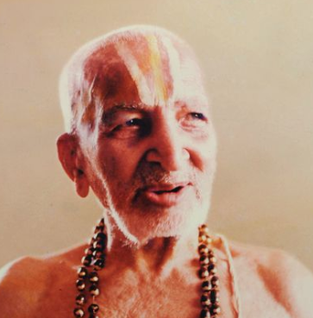A Quote by Eric Maisel
The artist's personality, built upon strong desires and compassionate vision, is by its nature prone to depression.
Quote Topics
Related Quotes
Writers, especially poets, are particularly prone to madness. There exists a striking association between creativity and manic depression. Why are more creative people prone to madness? They have more than average amounts of energies and abilities to see things in a fresh and original way—then because they also have depression, I think they’re more in touch with human suffering.
Until the Great Depression, most economists clung to a vision of capitalism as a perfect or nearly perfect system. That vision wasn’t sustainable in the face of mass unemployment, but as memories of the Depression faded, economists fell back in love with the old, idealized vision of an economy in which rational individuals interact in perfect markets.
Why was the painting made? What ideas of the artist can we sense? Can the personality and sensitivity of the artist be felt when studying the work? What is the artist telling us about his or her feelings about the subject? What response do I get from the message of the artist? Do I know the artist better because of the painting?






































